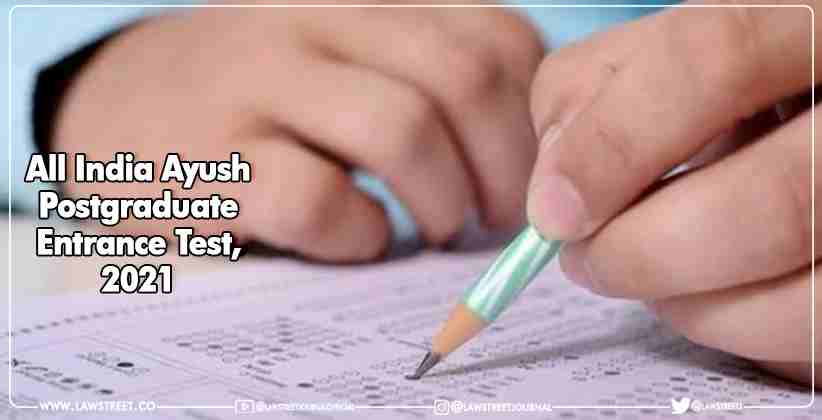The Supreme Court on Monday requested the Madhya Pradesh High Court to expeditiously decide the writ petition filed challenging the State Government's policy to increase the reservation for the OBC category from 14% to 27%, for admission in the All India Ayush Postgraduate Entrance Test, 2021.
The petition before the High Court has challenged Section 4 of the Madhya Pradesh Lok Seva (Anusuchit Jatioyon, Anusuchit Janjatiyon Evam Anya PichhdaVargon to Arakshan) Sanshodhan Adhyadesh, 2019 which provided for reservation for Other Backward Class (OBC) to be increased from 14% to 27%, for being in direct conflict with the decision of the Apex Court in Indira Sawhney & Ors. v. Union of India & Ors.
A Bench comprising Justice Nageswara Rao and Justice BR Gavai has issued the direction without going into the merits of the case and while considering importance of the matter which relates to admission to Ayush courses for the academic year 2022- 2023.
The direction has been issued in a special leave petition filed by the Director, Directorate of Ayush, challenging the interim order passed by the Madhya Pradesh High Court by which admission to Ayush Courses for the academic year 2022-2023 were directed to be made on the basis of reservation of OBCs restricted to 14%.
It was argued by Solicitor General Tushar Mehta on behalf of the Directorate of Ayush that the High Court committed an error in issuing a direction in spite of the statute providing for enhancement of reservation from 14% to 27 % in respect of OBCs.
With regard to the request made by the SG for extension of the last date for admissions in view of the re allotment to be done pursuant to the order passed by the High Court, the Bench has asked the petitioner to make the same request before the High Court.
The impugned order was passed by a division bench of Justice Sheel Nagu and Justice Manindar Singh Bhatti in a writ petition filed questioning the validity of Section 4(2)(i)(a) and (b) of the Madhya Pradesh Lok Seva Adhiniyam 1994 for admission in the All India Ayush Postgraduate Entrance Test, 2021. The Petition has been filed by someone , who is desirous to get admission in the said Entrance Test.
Per contra, the State contended that where constitutional validity of a Statute is challenged, the Court refrain from passing an interim order. To substantiate the same while objecting the prayer for interim relief, the State relied upon the decision of the Supreme Court in Health for Millions v. Union of India & Ors.
The Court examined the jurisprudence laid out by the Apex Court with respect to the scope of interference to pass an interim order in matters where the constitutional validity of a Statute is concerned.
The Court and opined that Article 226 of the Constitution does not stipulate that while passing an interim order in exercise of powers under the respective provision, it would require to assign reason therefor.
Considering the case in hand, where the provision of reservation in excess of 50% was challenged, the Court noted that it has passed interim orders in a bunch of petitions to evolve a workable arrangement and to safeguard the larger public interest. It further observed that an interim order does not foreclose the option of final hearing because of lapse of time, during pendency of litigation.
Collating its examination of the relevant legal provisions and judgments of the Apex Court, the Court concluded that the statute under challenge was not in sync with the decision of the Supreme Court in Indra Sawhney case. A nine judge bench of the Supreme Court in the Indira Sawhney verdict in 1992 had put a capping quota of 50% on reservations.
The Court, thus, as an interim measure, restricted the State from providing reservation of more than 14 % for candidates under the OBC category
The Bench issued the interim direction observing that the Statute in question has been issued in contravention of the law laid down by the Supreme Court in Indra Sawhney and others. The Court also observed that a similar interim order has already been passed in another writ petition (Ashita Dubey vs. The State of Madhya Pradesh and connected bunch of writ petitions)








